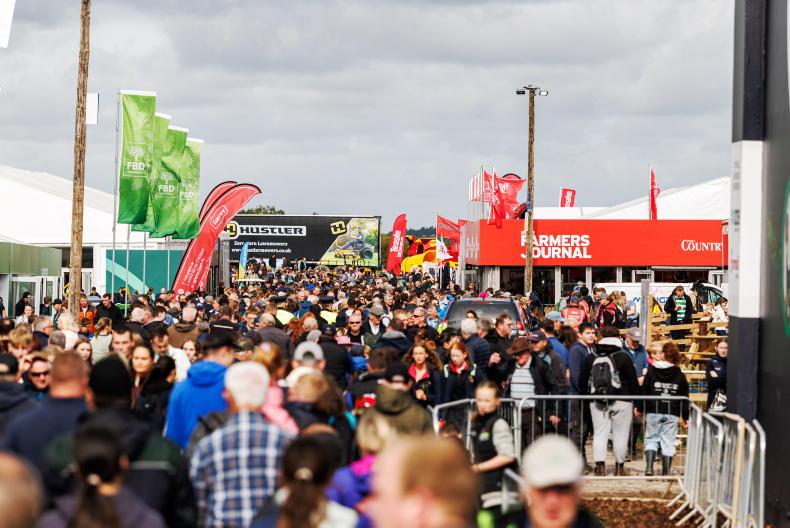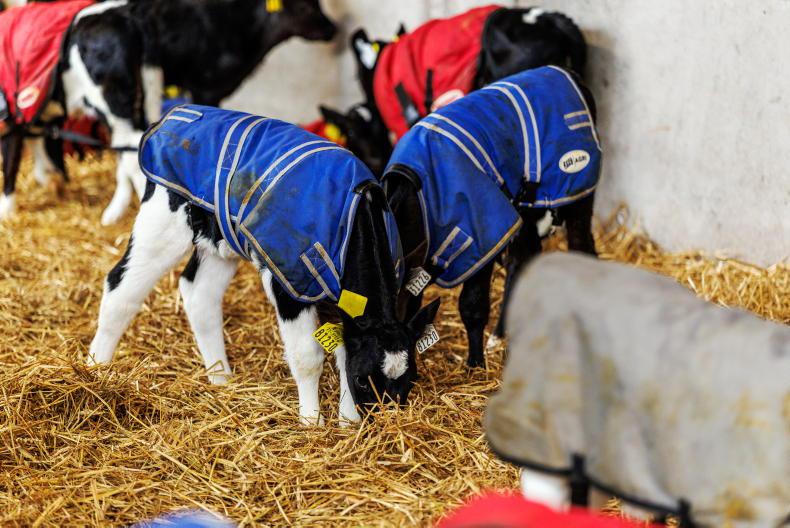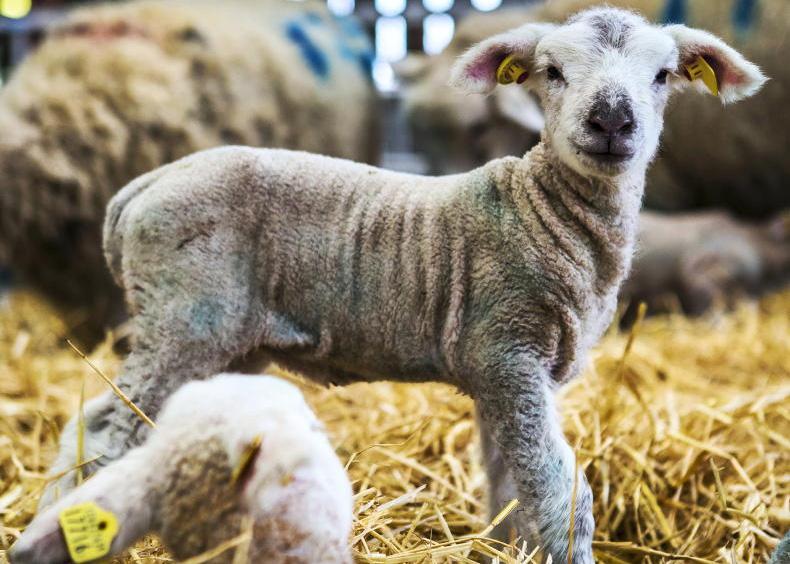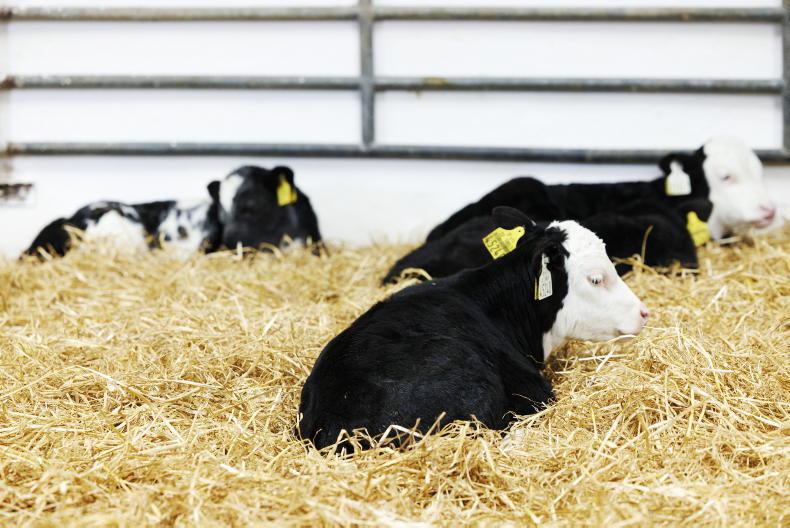The value of feeding high-quality colostrum to newborn calves is very significant, not only for their immediate and short-term health status, but also for their potential growth rates and even their milk production ability as heifers.
Colostrum is rich in nutrients and full of antibodies. Antibodies cannot cross over from the cow to the calf during pregnancy, so the calf is therefore born without any immunity.
If the calves do not get enough antibodies through colostrum they will have failure of passive transfer of antibodies.
Ideally, colostrum should be given within two hours of the calf’s birth. The ability to absorb antibodies decreases a few hours after birth and has gone by 24 hours.
Generally, in beef cows, the colostrum quality is usually good unless cows are undernourished before calving.
Suckler calves should suckle on their own or with assistance within two hours. If not, they should be fed with a nipple feeder or stomach tube.
Occasions where this may arise may include difficult births, weak calves or failure of cow and calf to bond, etc.
In dairy cows, the colostrum quality is lower in higher-yielding cows. Furthermore, the colostrum is of lower quality with every hour that passes between calving and first milking.
Other issues which may affect quality include short dry periods, poor body condition score, cows leaking milk in advance of calving and diseases such as mastitis.
Colsotrum quality can be easily measured using a refractometer on farm. This is valuable in ensuring any colostrum you store for emergencies is of sufficient quality to ensure adequate passive transfer.
Farmers who suspect their calves are not getting adequate colostral immunity and therefore having higher levels of calf health issues should contact their vet who can take blood samples and arrange to have them tested.
Colm McGovern works at Glenina Vet Clinic, Galway. Glenina Clinic is part of XLVets. XLVets is a group of progressive practices who are working together to achieve a better future for agriculture and veterinary in Ireland. For further information, go to www.xlvets.ie.








SHARING OPTIONS